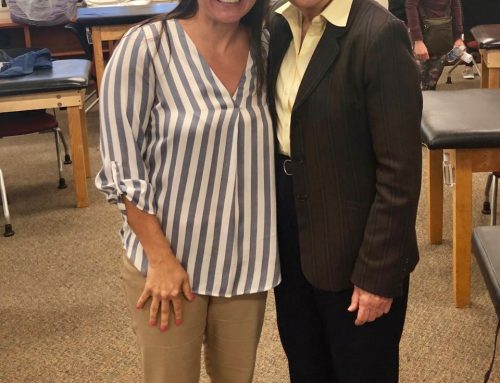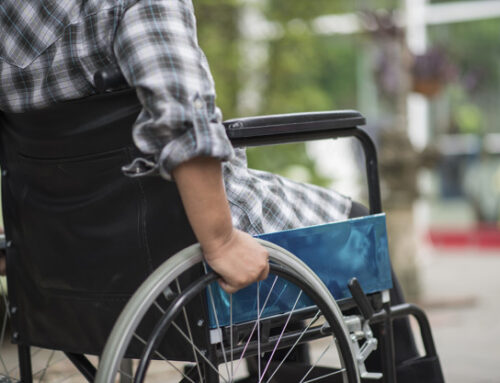Post-Polio Syndrome
- Post-polio syndrome (PPS) is complex combination of primary and secondary impairments resulting in neuromuscular, musculoskeletal, and psychosocial problems.
- Primary impairments include flaccid muscle paresis and paralysis and excessive or limited range of motion. PPS adds the secondary impairments of a unique type of fatigue, deep muscle pain, and frightening new muscle weakness.
- Other physical problems may include muscle cramps and fasciculations, cold intolerance, swallowing difficulties, hypoventilation, and sleep disorders.
- These new impairments occur after a long period of stabilit with the median time of approximately 35 years from the onset of acute poliomyelitis.
- PPS is directly related to the impairments caused by the virus in the acute phase and to the relative level of physical activity during the stability phase.
Source: Umphred, D.A. Neurological Rehabilitation. 4th Ed. U.S.A.: Mosby, Inc.
COMPARTIR
CATEGORÍAS
- Post-polio syndrome (PPS) is complex combination of primary and secondary impairments resulting in neuromuscular, musculoskeletal, and psychosocial problems.
- Primary impairments include flaccid muscle paresis and paralysis and excessive or limited range of motion. PPS adds the secondary impairments of a unique type of fatigue, deep muscle pain, and frightening new muscle weakness.
- Other physical problems may include muscle cramps and fasciculations, cold intolerance, swallowing difficulties, hypoventilation, and sleep disorders.
- These new impairments occur after a long period of stabilit with the median time of approximately 35 years from the onset of acute poliomyelitis.
- PPS is directly related to the impairments caused by the virus in the acute phase and to the relative level of physical activity during the stability phase.
Source: Umphred, D.A. Neurological Rehabilitation. 4th Ed. U.S.A.: Mosby, Inc.




